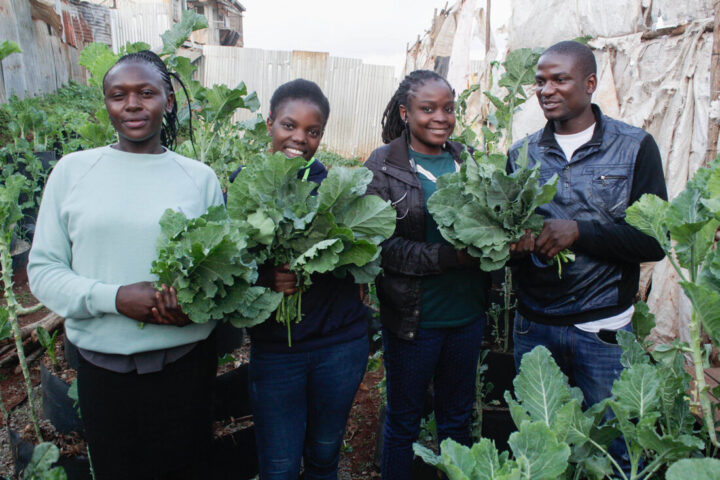Kenya is currently grappling with a wave of femicide that has sparked widespread outrage and grief across the nation. In just the past week, two particularly harrowing incidents have thrust the issue into the national spotlight, demanding urgent attention and action from both the public and authorities.
The Tragedy in Kahawa West
On November 2, 2024, the quiet neighborhood of Kahawa West in Nairobi was shaken by a brutal act of domestic violence. Lilian Achieng’ Aluko, a 30-year-old woman, was found dead in her home, having suffered multiple stab wounds. The suspect, her boyfriend George Mutegi, reportedly fled the scene immediately after the murder, leaving behind a grisly scene with the suspected murder weapon—a kitchen knife—discovered at the apartment.
Neighbors reported hearing a loud argument before the tragedy unfolded. This incident has sparked a manhunt for Mutegi, with law enforcement urging the public to come forward with any information that might lead to his capture. Lilian’s murder adds to a grim tally of domestic violence cases in the country, sparking calls for more robust legal and social measures to protect women from intimate partner violence.
The Macabre Discovery at Lang’ata Cemetery
Just a few days earlier, on October 31, 2024, another horrific discovery was made at Lang’ata Cemetery in Nairobi. Skeletal remains, believed to be those of a missing woman, were unearthed under suspicious circumstances. While investigations are still ongoing, the initial findings suggest foul play, and authorities are working to identify the victim and unravel the mystery surrounding her death.
This gruesome discovery has reignited conversations about the need for thorough investigations into missing persons cases, particularly women, who are disproportionately affected by such crimes. The unidentified woman’s remains highlight a chilling reality—many femicide victims may remain unreported, their stories untold and unresolved.
The Broader Context: A Rising Tide of Femicide
These incidents are part of a broader, alarming trend of increasing femicide cases in Kenya. Recent reports by the National Police Service reveal that in just three months, 97 women have been murdered. This surge has prompted civil society organizations and activists to demand that the government declare femicide a national crisis.
President William Ruto has responded to these calls by urging the Directorate of Criminal Investigations (DCI) to prioritize femicide cases. In a recent address, he emphasized the need for vigilance and community involvement to prevent such heinous acts. He also highlighted the importance of swift and decisive action by law enforcement to bring perpetrators to justice.
The Path Forward: Addressing Root Causes and Systemic Failures
Experts argue that addressing femicide requires a multi-faceted approach. This includes not only stricter enforcement of existing laws but also societal changes in attitudes towards women and gender-based violence. Community education programs, support systems for survivors, and more robust social services are critical in preventing violence and supporting victims.
Additionally, there is a call for better training for police officers and judicial personnel to handle femicide cases with the urgency and sensitivity they deserve. Strengthening legal frameworks to ensure faster judicial processes and harsher penalties for offenders is also seen as essential in deterring such crimes.
A Call to Action
As the nation mourns the recent victims and supports their families in seeking justice, there is a collective resolve that no woman should live in fear of violence. The fight against femicide is not just a legal or governmental issue; it is a societal challenge that demands a collective response.
In memory of Lilian Achieng’ Aluko, the unidentified woman found at Lang’ata Cemetery and every other identified and unidentified cases, Kenya must stand united against femicide. It is time for action, accountability, and a commitment to change, ensuring that every woman in Kenya can live free from fear and violence.
For those seeking support or wishing to report gender-based violence, numerous organizations and helplines are available to provide assistance. Together, as a society, we must work towards a future where such tragedies are a thing of the past.









